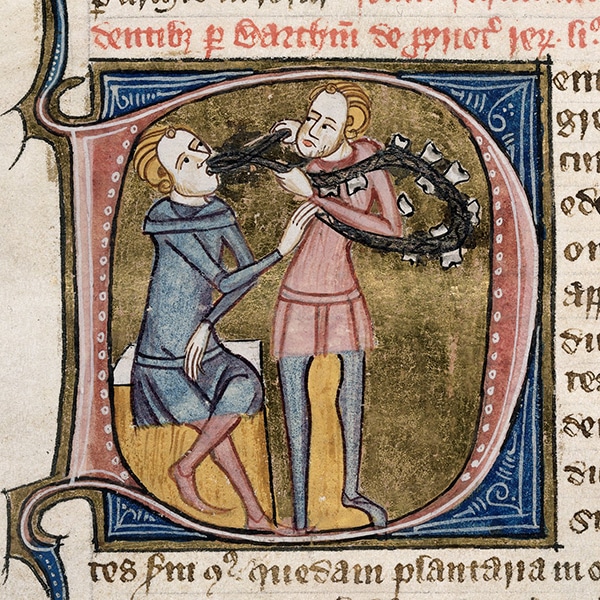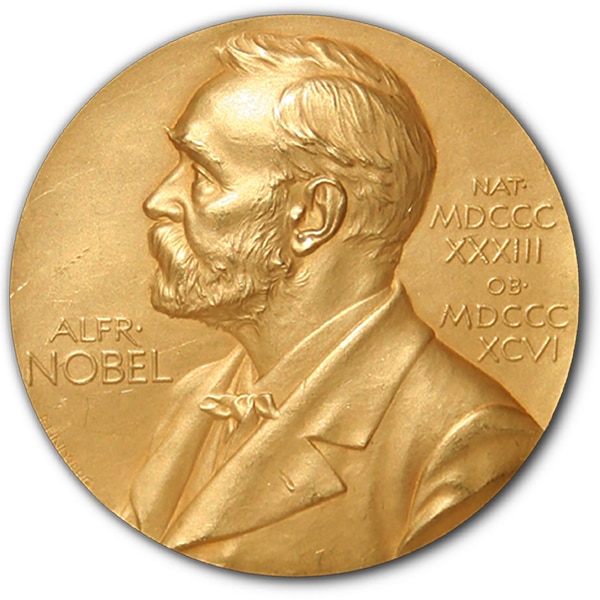
Photo: LIGHTHUNTER/DepositPhotos
Alzheimer’s is a devastating disease faced by many families as their relatives age. Making up 67% of dementia cases, Alzheimer’s affects memory and cognitions, typically appearing in senior citizens. At present, there is no cure. However, attempts to create a vaccine to prevent the cognitive decline have made progress in recent years. In particular, Japanese researcher Dr. Takeshi Tabira is attempting to combat the accumulation of harmful proteins in the brain with a vaccine administered orally in capsules.
Dr. Tabira spoke about his vaccine research to NHK World-Japan. His research targets what is thought to be a main contributor to Alzheimer’s known as senile plaques. These are formed on the neurons of the brain and impair their proper functioning. The plaques are formed by amyloid-beta proteins, which are naturally released from neurons. Typically, enzymes dissolve this waste product. However, with aging, the enzymes can weaken and fail to clear the proteins. They then accumulate, clump, and solidify into senile plaques.
Dr. Tabira is therefore targeting this process in his research. A foundational study by American scientist Dr. Dale Schenk published in Nature in 1999 noted how Dr. Schenk had produced an immune reaction in mice with Alzheimer’s by injecting amyloid-beta proteins. Their immune systems were triggered to then begin to attack the amyloid-beta in the brain. This shows great promise for the role of the immune system in fighting the accumulation of amyloid-beta. However, a human trial had to be discontinued when some participants experienced brain inflammation caused by an overactive immune response targeting the neurons.
Dr. Tabira is hoping to circumvent this problem. He is interested in initiating the immune reaction in the stomach, to help spare the neurons. To do so, he is encapsulating inside a harmless viral vector (like a shell) a gene which triggers the production of amyloid-beta proteins in humans. This will eventually dissolve and be absorbed in the intestines, triggering the Th2 immune cells. These cells tell other immune cells to begin producing antibodies which bind to amyloid-beta. These antibodies are released in the blood, travel to the brain, and take care of the amyloid-beta there. Once it is neutralized, the immune cells of the brain take care of it.
Mouse and monkey trials have so far shown the capsule “vaccine” does indeed reduce amyloid-beta proteins accumulating in the brain. The next step is to prepare for human trials. While there is still a lot more tests to be run, at some point the vaccine might be offered to people around age 50—the age when neural signs of Alzheimer’s disease begin. Due to the severity and ubiquity of the disease, a cure for Alzheimer’s is highly sought after.
Other research is targeting the role of another important factor, tau protein. The vaccine currently in trials known as AADvac1 acts similarly to Dr. Tabira's model, but targets abnormal tau. It is not yet clear if or when these vaccines will pass human trials and be approved for the general public; however, the active research by the likes of Dr. Tabira is critical to the search for a vaccine and cure.
Dr. Tabira is a researcher in Japan who is using an oral vaccine format to try to combat the amyloid-beta proteins which are associated with Alzheimer’s disease.

Photo: EDESIGNUA/DepositPhotos
h/t: [NHK World-Japan]
Related Articles:
Nike Closes Corporate Headquarters for a Week To Give Employees a Mental Health Break
Study Finds Spending Time Among Trees Helps Kids’ Brain Development
Study Reveals How Much Exercise You Need To Counteract Sitting All Day Long
More and More Humans Have an Extra Artery, Proof of Ongoing Evolution






















































































